The Liverpool Animal Shelter is open for adoptions by appointment only.
Contact the shelter on 8711 7333 for more information.
Adopting a rescue dog can be a rewarding and fun experience. It is important firstly to consider the ongoing needs of the new dog before adopting, to ensure you can commit to caring for them for the remainder of their life.
To help us select the right companion for our home and lifestyle, we should firstly take into consideration the dogs size. A dog’s size will give you indication of their ongoing needs. Generally speaking, your new dog will fit into one of the three below size categories:
Small Dog <15kg (e.g Maltese, Jack Russell Terrier, Pomeranian, Shih Tzu, Pug)
Medium Dog 15kg – 25kg (e.g Australian Kelpie, Border Collie, Cattle Dog, English Staffy)
Large Dog 25kg > (e.g American Staffy, Rottweiler, German Shepherd, Siberian Husky, Mastiff)
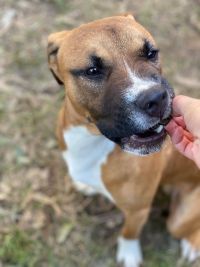 Now you must consider the dietary needs of your new family member. To ensure they maintain a healthy weight and body condition, you should feed your dog a nutritionally complete diet appropriate to their age, size, and energy needs.
Now you must consider the dietary needs of your new family member. To ensure they maintain a healthy weight and body condition, you should feed your dog a nutritionally complete diet appropriate to their age, size, and energy needs.
Young puppies will require 2 to 3 small meals per day while an adult dog will require 2 meals per day.
Below is an approximate guide only. Nutritional contents and recommended quantity will differ between different brands of raw, wet and dry food. Consult your vet to determine the best diet and quantity of food for your dog.
Dog Size | Daily Food Recommendation (Dry Food*) | Daily Food Recommendation (Wet Food**) | Approximate Cost of Food Per Year |
Small Dog | 20g - 75g | 150g - 300g | ~ $1,450 |
Medium Dog | 75g - 125g | 300g - 450g | ~ $2,150 |
Large Dog | 125g - 175g | 450g – 700g | ~ $3,450 |
*Quantity and cost based on BlackHawk Adult wet and dry food
Remember, treats can be an important tool to help build your bond with your new pet and assist with their training. However, it is important to ensure the treats you are feeding your new dog make up no more than 10% of their daily energy intake.
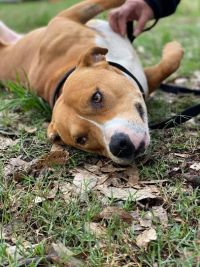
It is vital your dog receives adequate exercise each day for their mental and physical health. Ensuring your dog is well exercised can also help prevent unwanted behaviours like excessive barking, digging and destruction.
All dogs should have at least 30 mins of intentional exercise (i.e neighbourhood walk or a run in a designated off-leash area). Some dogs will require more or less exercise, consideration should be given to your dogs age, breed and energy levels as well as any existing health conditions. For more information, consult your vet.
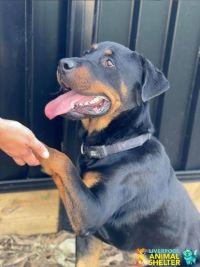
While some dogs may be happy to spend their day and night indoors, most dogs will need access to the backyard throughout the day to run around and use the bathroom, particularly if their owners are out at work.
Smaller dogs may generally be happy with a small backyard or courtyard play and go to the bathroom in.
Medium to large size dogs will need adequate space to be able to run and play in throughout the day. Again, consideration should be made in regards to the dogs age and energy levels as well as their breed. For example, a young Australian Kelpie will generally require a large backyard or rural property to accommodate their energetic and curious nature.
Before you adopt a dog, you must ensure your outdoor area is securely fenced in to prevent your dog from escaping when spending time outside.
If you will be adopting a small dog, ensure there are no gaps in your existing fencing that your new family member may be able to squeeze through.
Fences should also be checked for gaps or loose palings when adopting a medium to large size dog. You should also check with the organisation you are rescuing your dog from whether the dog is known to scale or jump fences to ensure you can properly contain them in your property before adopting.
Liverpool City Council’s Animal Management Standard also set’s restrictions for the number of dogs allowed on one property. You can read the standard here.
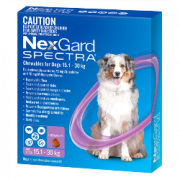
An important part of rescuing a dog is ensuring you are prepared to meet their ongoing medical costs which will include flea, worm, and heartworm treatments as well as vet costs.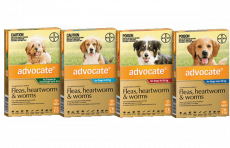
Flea, worming and heartworm prevention which must be maintained for the welfare of your new family member can cost upwards of $300 per year.
In addition, your dog must see a vet every year for a health check and their annual vaccine booster (prices will vary, please check with your local vet).
You should also do your research to understand any common health conditions that may be associated with the breed of dog you are looking to adopt. As your dog ages, vet visits may be required more often to ensure their health and wellbeing and you must always be prepared for emergency vet visits and the costs that may be associated with this.
